1300 Calorie Diet Plan – Everything You Need to Know
A well-researched, strategically planned, and safe way to meet your weight loss goals.

Image: Shutterstock
A 1300 calorie diet is a low calorie diet plan designed for weight loss.
But this is not a fad. It involves consuming a balanced diet that’s rich in nutrients and is a low fat diet plan. It also is not a shortcut to quick weight loss, and is instead a strategic low carb diet plan to reduce your calorie intake without making you feel hungry or weak.
Remember that there are scientific studies that show that reducing calories suddenly may affect your metabolism and cause you to gain the weight back once you are off the diet (1). Hence, you must get into the 1300 calorie clean eating diet plan gradually, so that your body gets the time to adapt to the new change.
Read on to know everything about the 1300 calorie healthy eating plan and find the sample diet plan to help you understand what to consume within a calorie budget. However, this will vary depending on your activity level, age, and medical conditions; talk to your dietitian before starting this diet.
 At A Glance: 1300-Calorie Diet
At A Glance: 1300-Calorie Diet- Principle: Low-fat, low-carb 1300-calorie diet comprising whole foods
- Purpose: To aid weight loss
- Who It Is For: Individuals who are obese
- Duration: Short-term
- Who Should Avoid: Athletes, people leading a highly active lifestyle, pregnant and lactating individuals
- Cons: May cause weakness, loss of muscle and bone density, nausea, malnourishment, and brain fog.
In This Article
A Sample 1300 Calorie Diet Plan
| Meals | What To Eat | Calories |
|---|---|---|
| Early Morning (6:30 – 7:30 am) | 1 cup water with 1 teaspoon apple cider vinegar | 1 |
| Breakfast (8:15 – 8:45 am) | 1 cup vegetable quinoa + 1 cup low-fat milk + 3 almonds | 431 |
| Mid Morning (10:30 am) | 1 medium whole apple | 107 |
| Lunch (12:30 – 1:30 pm) | Kidney beans, basil, zucchini, cherry tomatoes, and lettuce salad with light dressing + grilled salmon | 399 |
| Evening Snack (4:00-4:30 pm) | 1 cup green tea | 0 |
| Dinner (7:00 – 7:30 pm) | Avocado, tofu, and watermelon salad + 1 small piece of dark chocolate (80% or more cocoa) | 382.4 |
Total Calories
– 1320 Total Carbs – 132.5 Total Protein – 36.5 Total Fat – 40.1
Here is a list of substitutes that you can check out if you are a picky eater or allergic to any of the foods mentioned in the chart above.
Substitutes
- Apple cider vinegar – Lime juice
- Quinoa – Semolina
- Low-fat milk – Soy milk
- Apple juice – Pear juice
- Mushroom – Eggs
- Kidney beans – Black-eyed peas
- Basil – Chives
- Zucchini – Cucumber
- Cherry tomatoes – Black olives
- Lettuce – Chinese cabbage
- Coconut water – Watermelon juice
- Celery – Beetroot
- Balsamic vinegar – Lime juice
- Avocado – Chayote squash
- Tofu – Cottage cheese
- Watermelon – Muskmelon
- Dark chocolate – Low-fat frozen yogurt
Key Takeaways
- The 1300-calorie diet is a well-balanced and simple diet that aids in weight loss.
- The reduction in calories may increase the risk of nutritional deficiencies.
- It may take 1-3 weeks to see effective and visible weight loss.
- You can go for fruits, vegetables, nuts, and whole grains to get the required nutrients.
- Engage in 4 to 5 hours of yoga or light exercising every week to speed up fat loss and build lean muscle.
Healthy Shopping List For 1300 Calorie Diet

To follow any diet plan, you need to plan your shopping list a week ahead to avoid any hassle. You should aim to include healthy nutrient-rich options from all food groups for a balanced diet plan.
- Choose whole grain cereals and foods like whole grain bread and pasta.
- Pick whole seeded beans and legumes like red kidney beans, lima beans, black beans, and different types of lentils.
- Opt for healthy nuts and seeds.
- For a vegetarian diet plan, try to include colorful seasonal vegetables. Pick some fresh leafy vegetables for salads.
- Choose whole fruits over fruit juices.
- Go for low-fat dairy and dairy products.
- If you are non-vegetarian, opt for lean cuts of meat and fish.
- To fulfill those sweet cravings, take some dark chocolate (that contains 80% cocoa).
1300 Calorie Diet Guidelines
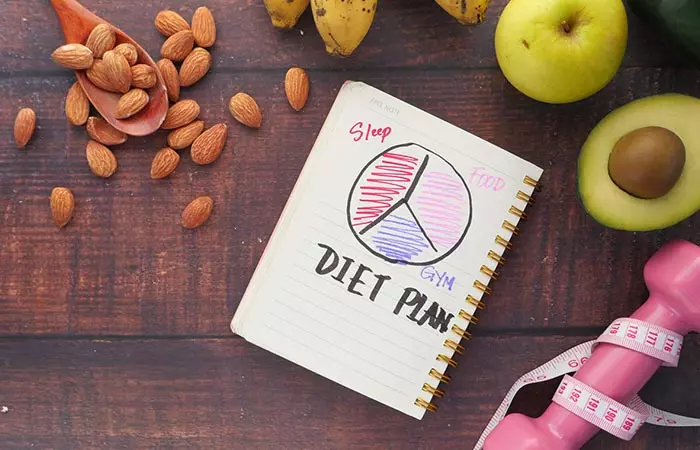
- Your weight loss depends on a host of factors such as age, current weight, medical history, genes, lifestyle, water intake, etc. It may take 1-3 weeks to lose the flab. The trick is to not panic if you have not lost weight in a week.
- Write down your goals in a journal. Also, when it comes to adhering to a weight loss plan, make checklists for the next day so that you can check the ones that you have followed. It will give you a clear picture of your adherence to the plan and why it worked or didn’t.
- You should do light exercises like stretching or yoga 3-5 hours per week to hasten the fat loss and also tone your body by building lean muscle mass.
- Avoid foods that do nothing but harm your body, such as fries, pizza, burger, oily and greasy food, fried chicken, etc., and consume more whole grains, vegetables, fruits, leafy greens, lean protein, low-fat dairy, and healthy fats.
- Adopt small and frequent eating without skipping any meal.
- Avoid consuming alcohol, soda (diet or not), and energy drinks. Drink black coffee, green tea, black tea, white tea, oolong tea, herbal tea, buttermilk, coconut water, water, freshly-pressed fruit and vegetable juices, or detox water.
- Have a cheat day every week not only to satiate your tummy and taste buds but also to prevent your metabolism from plateauing.
 Quick Tip
Quick TipBenefits Of 1300 Calorie Diet Plan
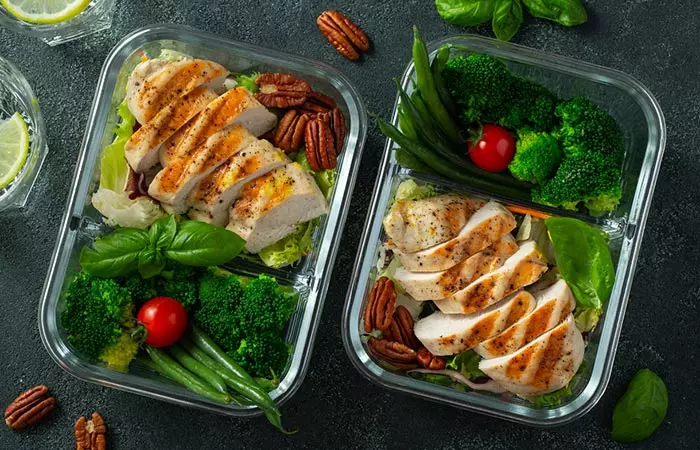
- It is a simple plan to follow without much restriction on food intake. You just need to practice a portion-control diet.
- This diet provides healthy and tasty recipes within a particular calorie budget.
- If judiciously planned, it helps reduce 500 gm per week. However, this depends on how your body responds to the calorie budget.
- It is cost-effective. All you need is a calorie-counting tool, which can be found online for free.
A study published in Sports (Basel) examined how diet and exercise affect body composition in young women with normal BMI but high body fat. Researchers divided 66 participants into three groups: calorie restriction (CR), calorie restriction with exercise (CR-EX), and a control group. After four weeks, both CR and CR-EX experienced some reduction in weight, fat percentage, and waist and hip measurements. However, the CR group lost more muscle mass and experienced increased hunger, while CR-EX preserved muscle and controlled appetite. These findings suggest that combining calorie restriction with exercise is more effective for fat loss while maintaining muscle and managing hunger (2).
Another review published in Journal of Obesity and Metabolic Syndrome explored evidence-based diet strategies for weight loss and maintenance. Researchers emphasized that an energy deficit is key to weight loss, with low-calorie, low-fat, or low-carb diets commonly recommended. In some cases, very-low-calorie diets, ketogenic diets, or high-protein diets may be considered, though their long-term effects remain uncertain. Meal timing also plays a role, with higher-calorie breakfasts and overnight fasting potentially preventing obesity. The study concluded that no single diet works best for everyone, and healthcare providers should tailor weight management strategies based on individual preferences and needs (3).
A study assessed the healthy weight loss results on 609 healthy adult participants on low calorie diets. 50% of the participants were on a low fat diet and 50% were on a low carbohydrate diet. It was found that 30% of the participants had low carbohydrate genotype and 40% had low fat genotype. At the end of 12 months it was noted that participants on a healthy low carbohydrate diet lost around 6 kg weight and those on a healthy low fat diet lost about 5.3 kg weight with improvements in waist circumference and body fat.
RB, a blogger, documented her weight-loss journey, keeping track of the 1300 calorie diet plan she followed. Following a healthy calorie limit helped her lose weight, helping her go down from a size 18 to a size 8. She writes, “I have been keeping my daily limit to around 1300 calories. I then eat a bit more in the weekends (so looking over the week I average out at 1400 a day but try to have at least three 1300 days a week). This should be more than manageable with doing gym at least once a week and allowing myself the odd night of not really worrying about the calories (i)”
Side Effects Of 1300 Calorie Diet Plan

All forms of diets have certain drawbacks, and the 1300 calorie diet is no exception. While many people might find it effective, it does not mean that this diet is suitable for everyone.
- The reduction in calories may also lead to the reduction of certain vital nutrients. Therefore, careful planning of the diet is required to prevent nutritional deficiencies.
- For a calorie counting diet, food measurement as well as calorie counting are extremely crucial elements. For this, using a menu or an assistive diet plan is ideal.
- You might feel hungry or crave particular foods. You will need to look for alternative options to manage these cravings.
- This diet plan is not advisable for highly physically active people as they require more calories.
Does The 1300 Calorie Diet Plan Work? What Eleana Kaidanian, RD, Says
Eleana Kaidanian, RD, CDN, CPT-WFS, says,“Following a 1300-calorie diet is arbitrary to follow as a diet, as everyone’s needs and intakes vary. While a lower calorie diet should result in weight loss, it isn’t a standard approach for everyone and is definitely not sustainable in the long term, especially if you are active, trying to conceive, pregnant or breastfeeding.”
She adds, “Inadequate calorie intake long term can also interfere with other regulatory bodily functions. For instance, I have clients who were on a self-prescribed restricted calorie diet, who although lost a lot of weight are now regretful as their hormones are now unbalanced. As a result of long-term calorie restriction, they experience irregular periods or amenorrhea and are having a difficult fertility journey.”
Dos And Don’ts

- Keep yourself hydrated. Drink at least 3-4 liters of water per day.
- Take a multivitamin and calcium supplement every alternate day.
- Take a fish oil supplement every three days.
- Stress is a weight-loss inhibitor. Therefore, try to relax and de-stress as much as possible.
- Sleep early to avoid late-night snacking and to get up early in the morning, work out, and make breakfast.
- Do not stop working out.
- Work on mobilization apart from the exercise schedule.
- Talk regularly to people who are serious about losing weight.
 Quick Tip
Quick TipInfographic: 1300 Calorie Diet Plan: What To Eat And What To Avoid
A strict 1300-calorie diet restricts your food choices, especially if you have allergies and preferences that lead you to pick a gluten-free diet plan or a vegan diet plan. While you may want to indulge in a few savory but processed foods that may be within your calorie limit, it is wise to stay away from them.
Check out the infographic below to learn more about the kinds of healthy food you can have on your diet to satiate your hunger and meet your nutritional needs easily. Illustration: StyleCraze Design Team
Adhering to diet plans, such as a 1300-calorie or 1000-calorie diet, for weight loss is one of the most sought-after processes. However, knowing all the pros and cons of these diets is the key. The 1300-calorie diet is a wonderful way to lose weight slowly and steadily without harming your health. It may help you lose 500 g a week (results may vary from person to person) and involves taking whole grains, leafy greens, vegetables, fruits, low-fat dairy, and lean protein. You should keep away from junk foods and beverages like alcohol and embrace green tea, black tea, coconut water, and buttermilk. You may need to take multivitamin, fish oil, and calcium supplements to address deficiencies. Also, work out or do yoga regularly and steer clear of stress for effective results.
Frequently Asked Questions
Can I exercise on a 1300-calorie diet?
Yes, you can exercise on a 1300-calorie diet, but it is important to listen to your body. Make sure to choose lighter workouts or shorter sessions to avoid feeling overly tired.
What should I do if I feel hungry?
If you feel hungry, try eating low-calorie, nutrient-dense snacks like fruits or vegetables. Staying hydrated with water can also help reduce hunger. If hunger persists, consider adjusting your calorie intake to ensure you are getting enough energy.
How many carbs should I eat on a 1300 calorie diet?
If you are following a 1300 calorie diet to lose weight, you need to restrict your carb intake. Your carbohydrate intake should not be more than 50% of the total calories if you are on a conventional hypocaloric diet plan (4).
Are 1300 calories enough for a 14-year-old?
Adolescence is a period of growth, and it is crucial to maintain nutritional balance at this time. So, it is not suggested to follow a 1300 calorie plan at this age. Speak to a nutritionist if you want to lose weight at this age.
Can I follow a 1300 calorie diet with no exercise?
Yes, you can follow a 1300 calorie diet with no exercise. But, it is always advisable to move your body and do some stretching exercises for proper blood circulation. Also, practice some breathing exercises to de-stress.
I am following a keto meal plan – are 1300 calories enough for me?
It is possible to follow a keto meal plan (high-fat meal plan) within this limited calorie budget. Choose healthy alternatives after consulting with a nutritionist.
Are 1300 calories enough for my body?
It depends on your lifestyle and activity level. If you follow a sedentary lifestyle with no exercise and want to lose weight, you can follow a 1300 calorie weight loss meal plan. Nevertheless, talk to a nutritionist to figure out healthy options for you within this limited calorie budget.
I am eating 1300 calories but not losing weight – why?
Weight loss depends on many factors like your workout routine, lifestyle, and how your body responds to the restricted calorie intake. Start doing stretching exercises, eat mindfully, and speak to a dietitian for better results.
Can eating too few calories slow down weight loss?
Yes, eating too few calories will slow down your metabolism and decrease the number of calories you burn. Your body tries to preserve energy when you get into starvation mode. This can slow down weight loss.
Are scrambled eggs good for weight loss?
Yes, consuming eggs (or scrambled eggs), in addition to adopting healthy lifestyle habits, is an effective way to lose weight. Eggs are rich in protein and healthy fat and lower in calories. They keep you fuller for long.
What are the types of diets available under a 1300 calorie diet?
If you wish to stay under 1300 calorie mark and try out different diet 1300 calorie gluten-free diet options you can check out the Plant-based diet plan, 1300 calorie Indian diet, 1300 calorie keto diet,1300 calorie low carb diet, 1300 calorie diabetic diet,1300 calorie high protein diet, Paleo diet, Dash diet,high-protein diet plan, Intermittent fasting diet plan or 1300 calorie Mediterranean diet.
Illustration: 1300 Calorie Diet - A Meal Plan For Effective Weight Loss
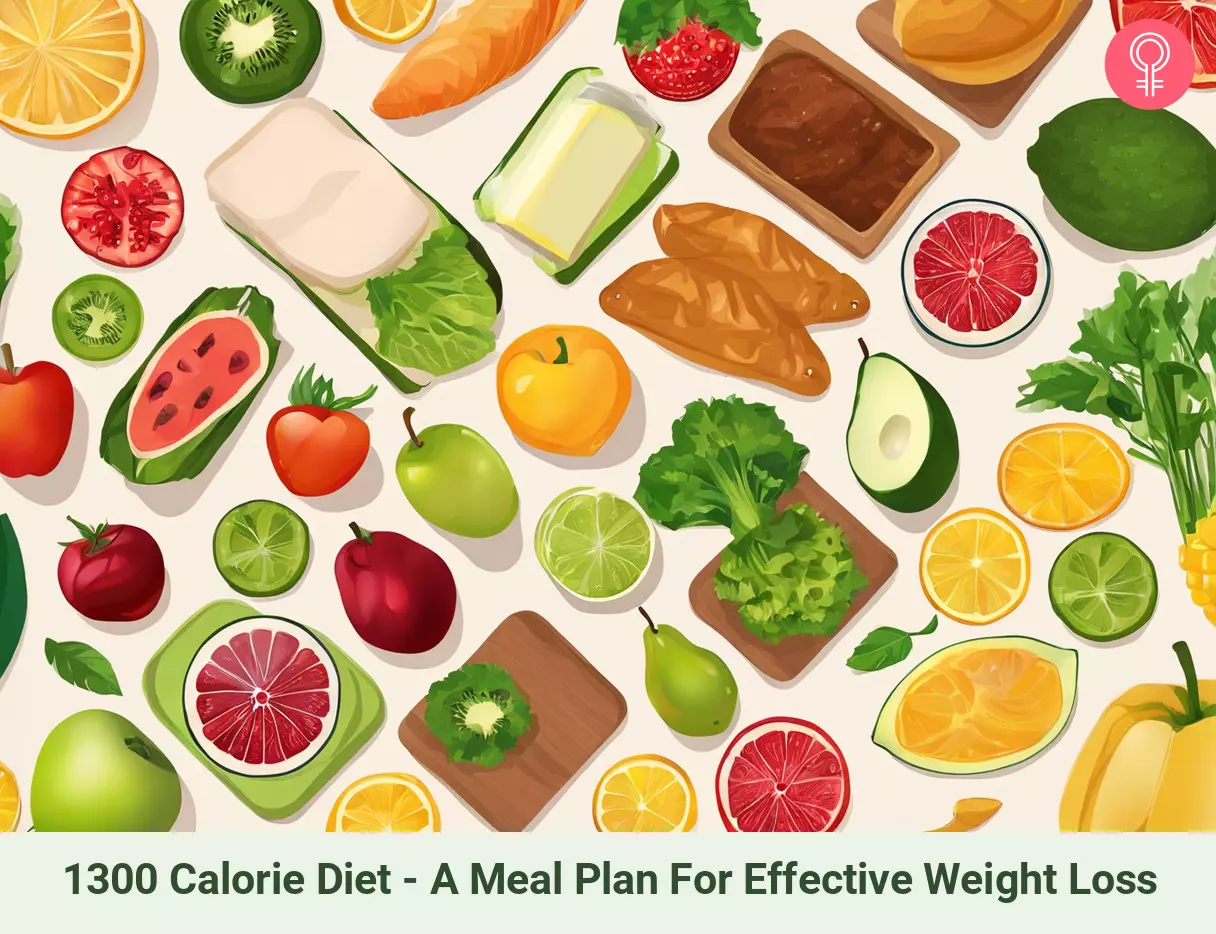
Image: Stable Diffusion/StyleCraze Design Team
References
Articles on StyleCraze are backed by verified information from peer-reviewed and academic research papers, reputed organizations, research institutions, and medical associations to ensure accuracy and relevance. Read our editorial policy to learn more.
- Reducing Calorie Intake May Not Help You Lose Body Weight, Perspectives on Psychological Science, U.S. National Library of Medicine, National Institutes of Health.
https://www.ncbi.nlm.nih.gov/pmc/articles/PMC5639963/ - Exercise Combined with a Low-Calorie Diet Improves Body Composition, Attenuates Muscle Mass Loss, and Regulates Appetite in Adult Women with High Body Fat Percentage but Normal BMI
https://pmc.ncbi.nlm.nih.gov/articles/PMC11054427/ - Optimal Diet Strategies for Weight Loss and Weight Loss Maintenance
https://pmc.ncbi.nlm.nih.gov/articles/PMC8017325/ - Defining the Optimal Dietary Approach for Safe, Effective and Sustainable Weight Loss in Overweight and Obese Adults, Healthcare, U.S. National Library of Medicine, National Institutes of Health.
https://www.ncbi.nlm.nih.gov/pmc/articles/PMC6163457/
Read full bio of Dr. Geeta Dharmatti
Read full bio of Arshiya Syeda
Read full bio of Sindhu Koganti







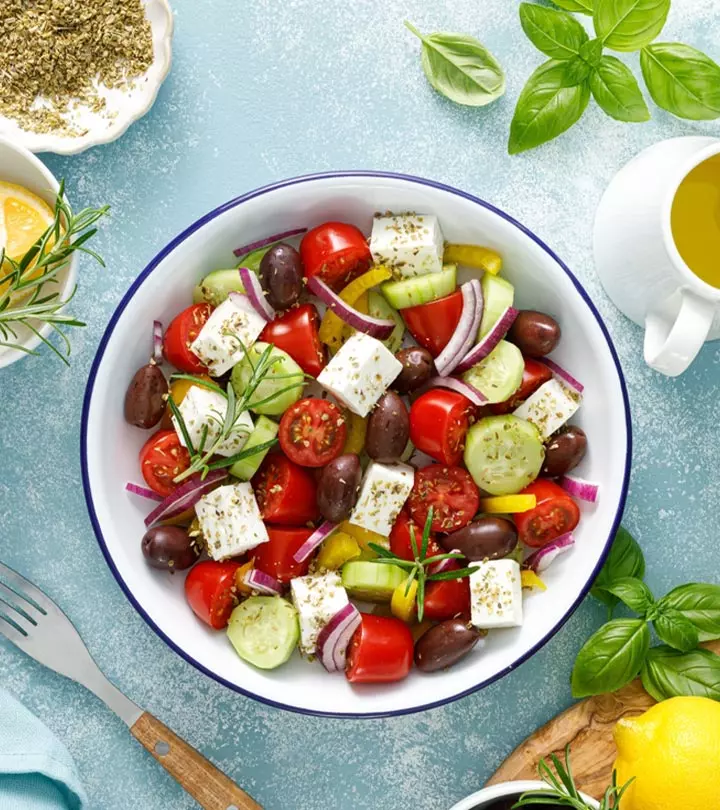

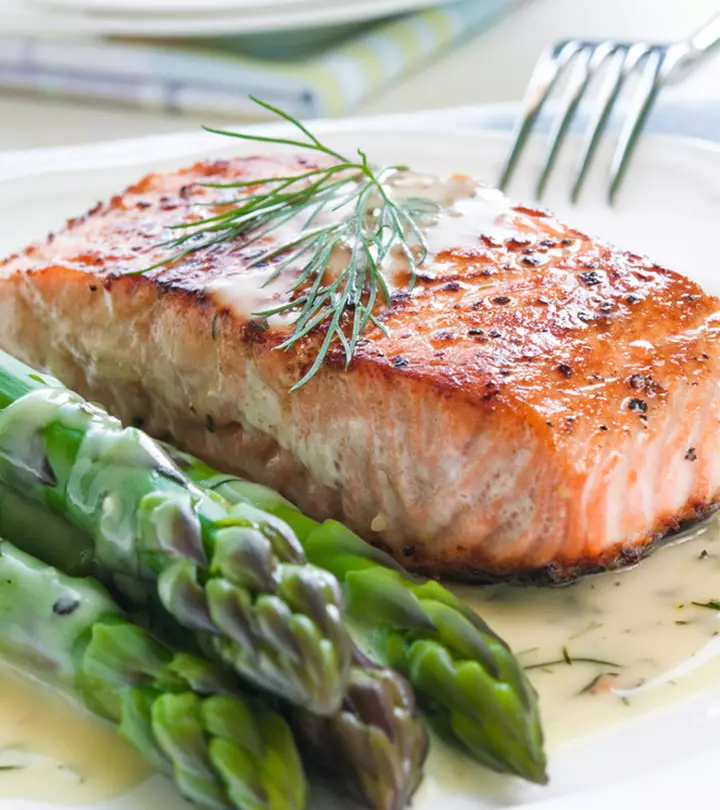
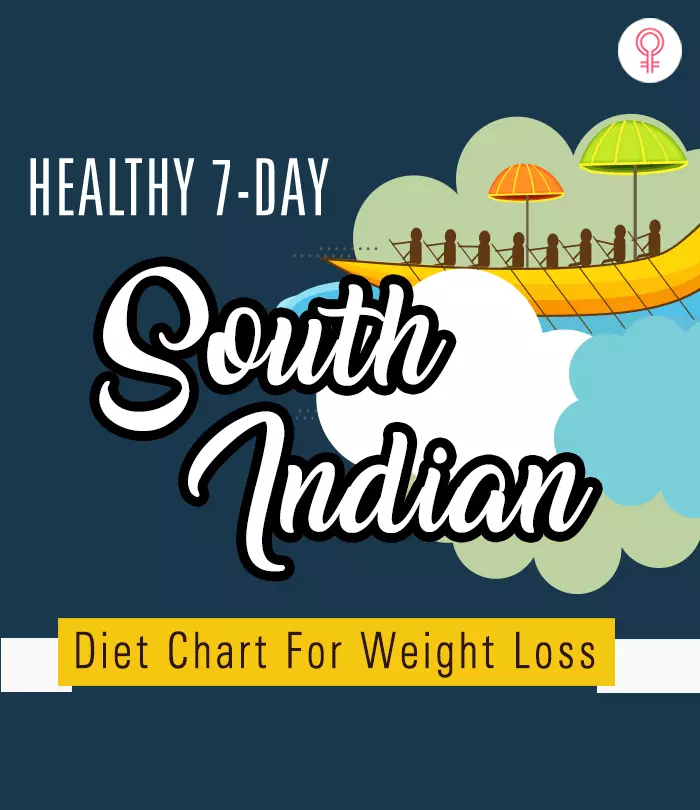
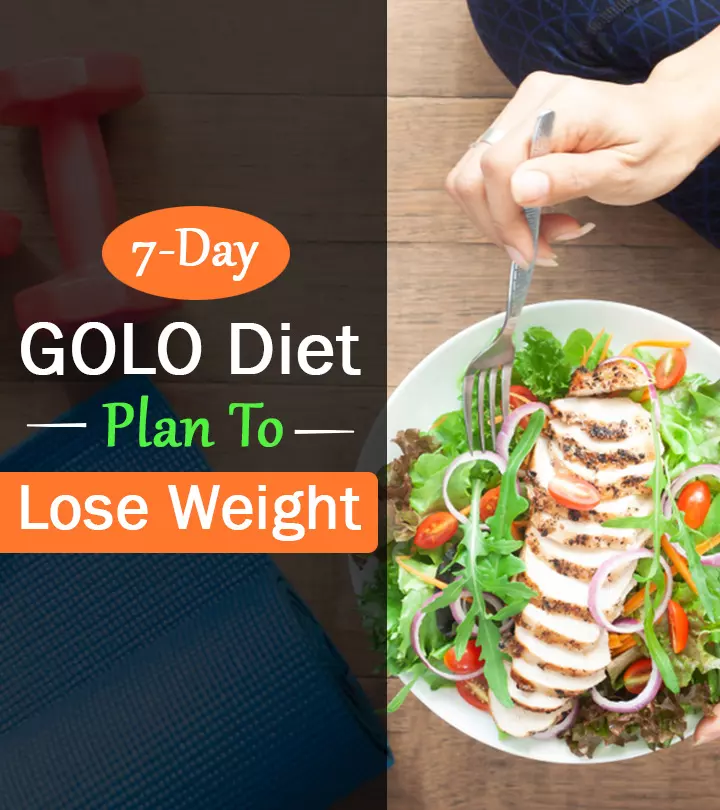

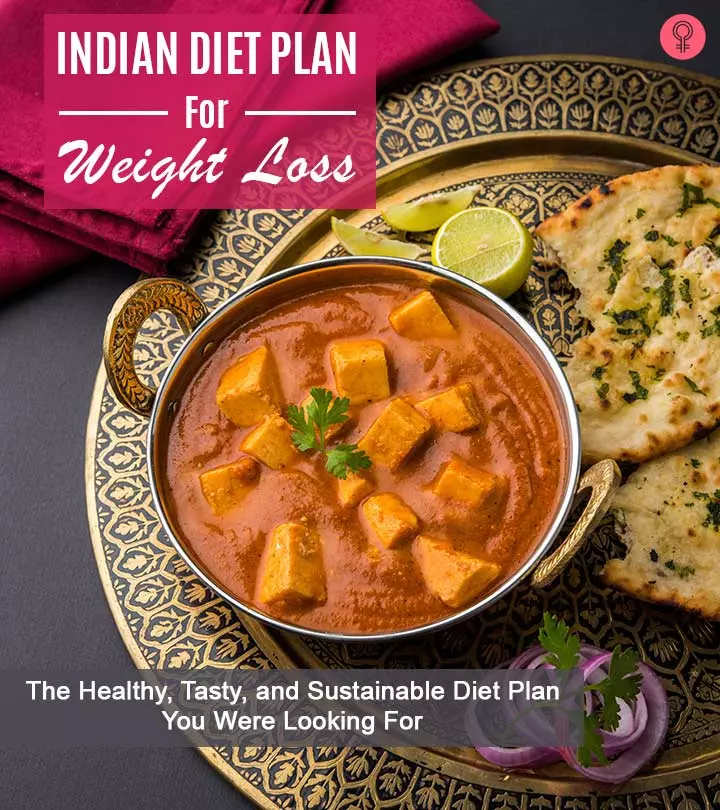
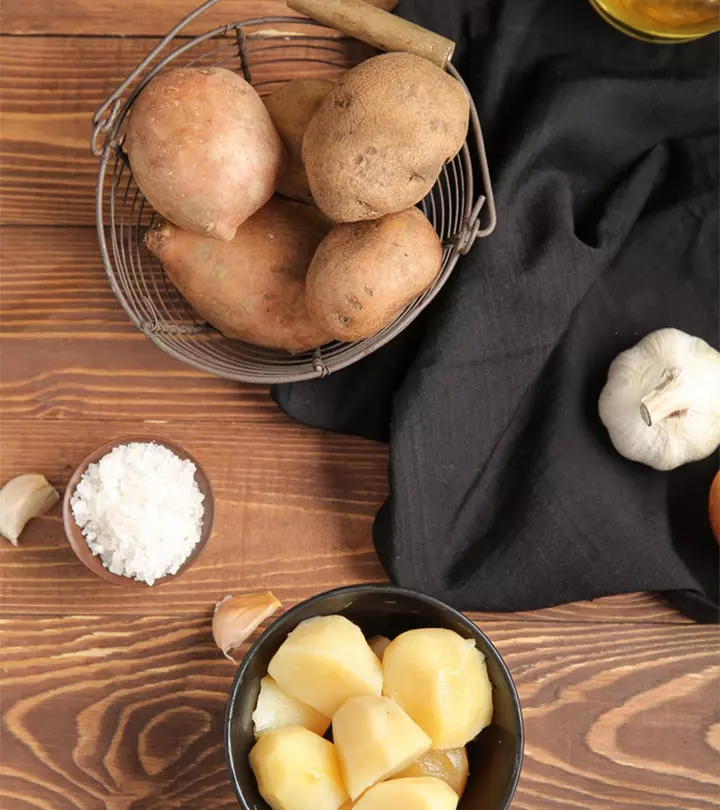


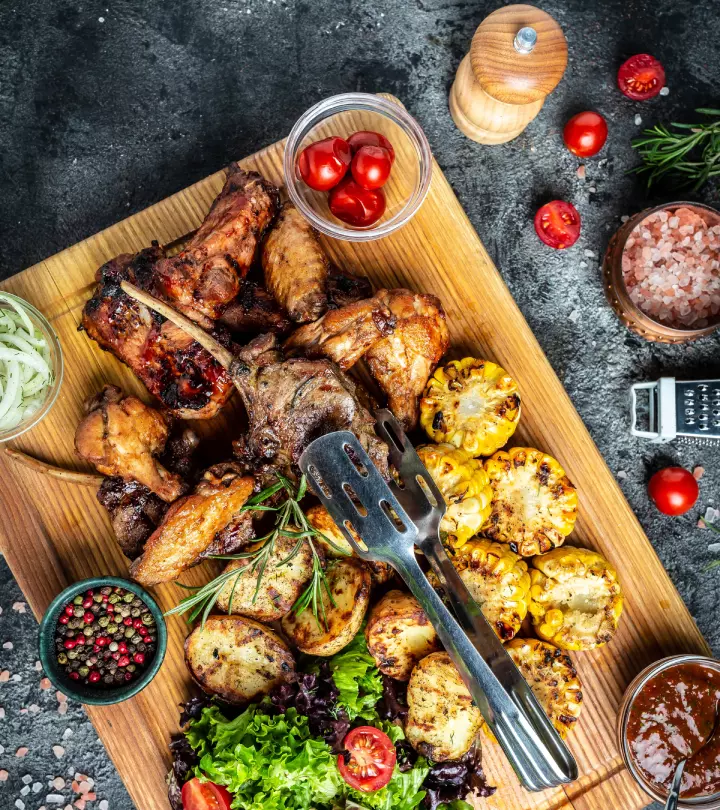

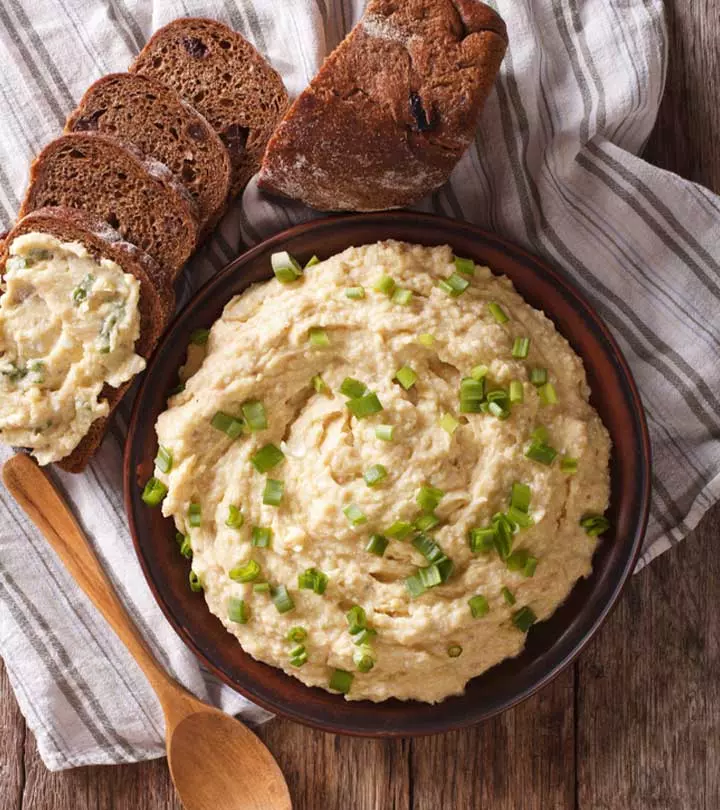
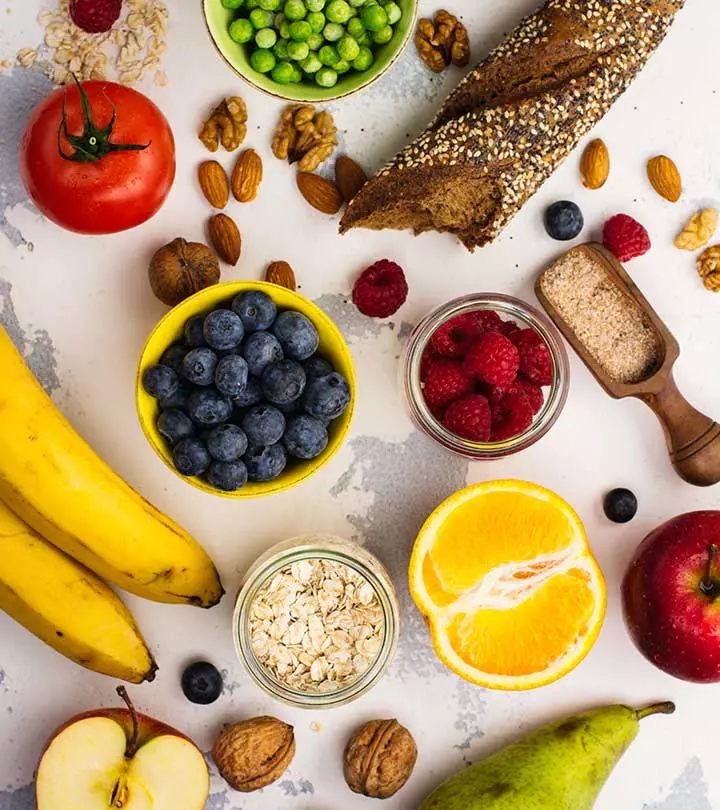
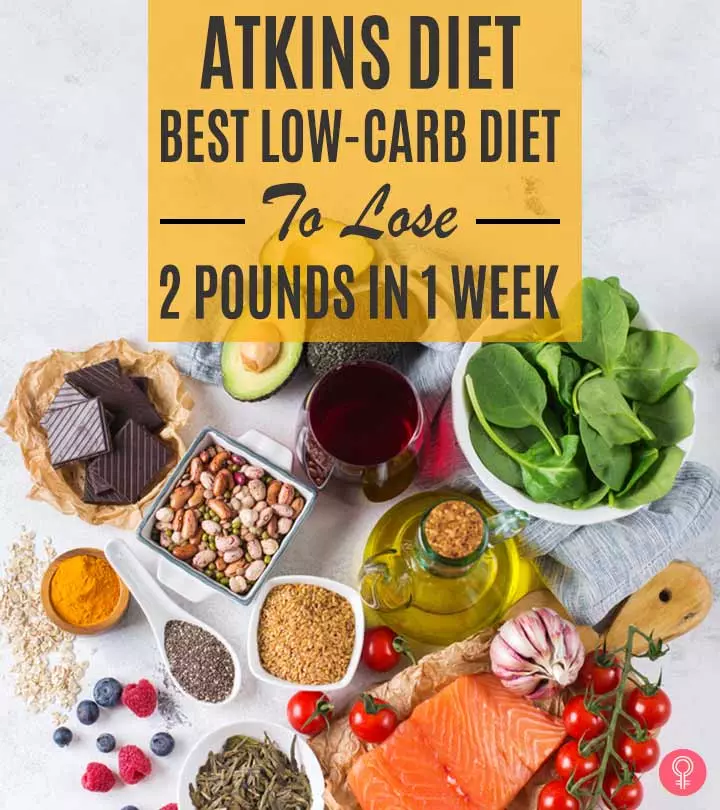
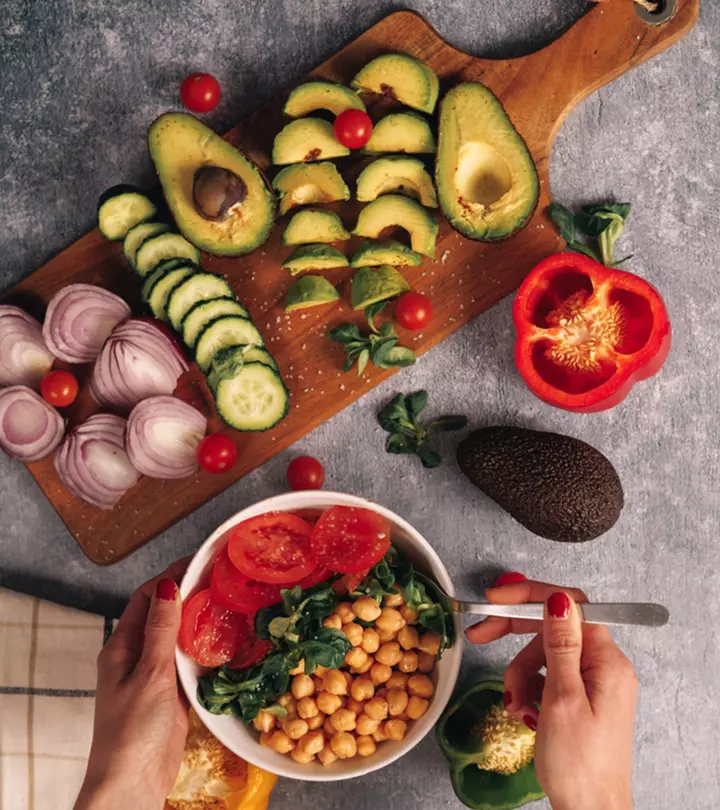

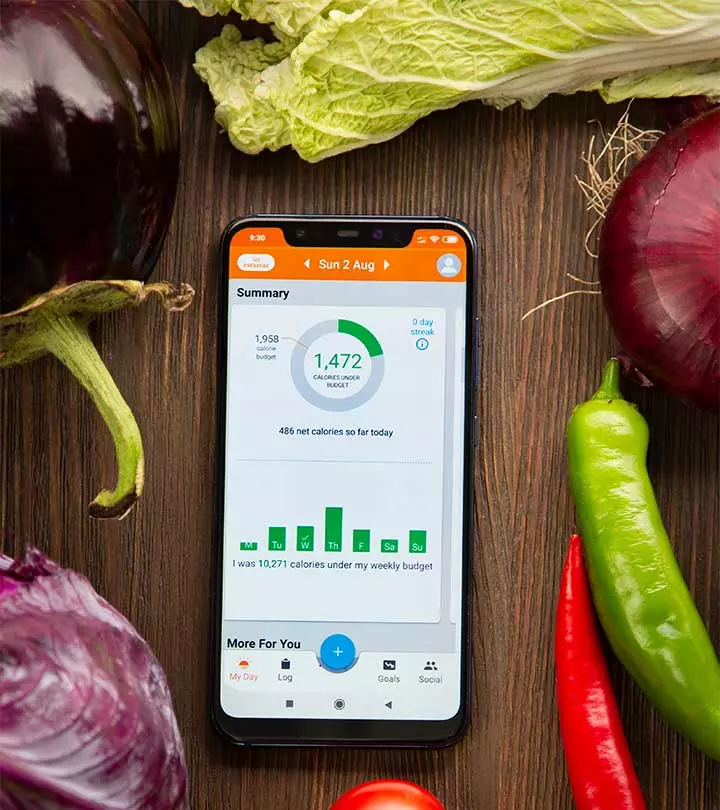
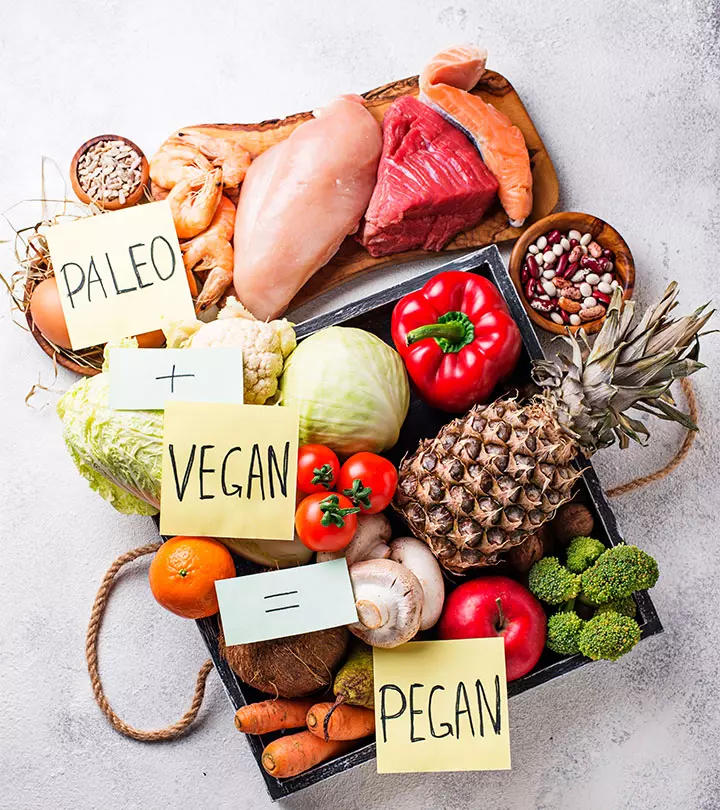
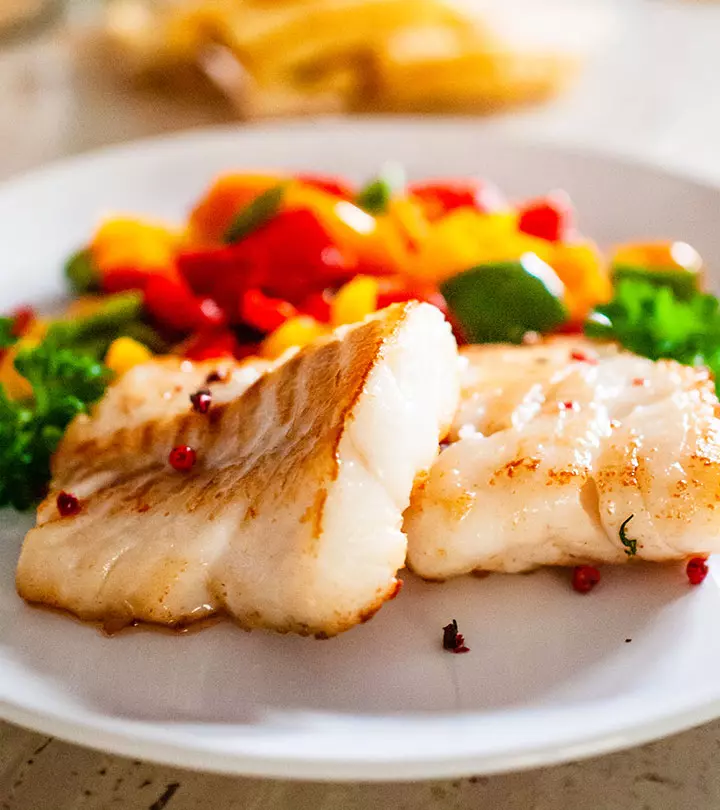
Community Experiences
Join the conversation and become a part of our empowering community! Share your stories, experiences, and insights to connect with other beauty, lifestyle, and health enthusiasts.